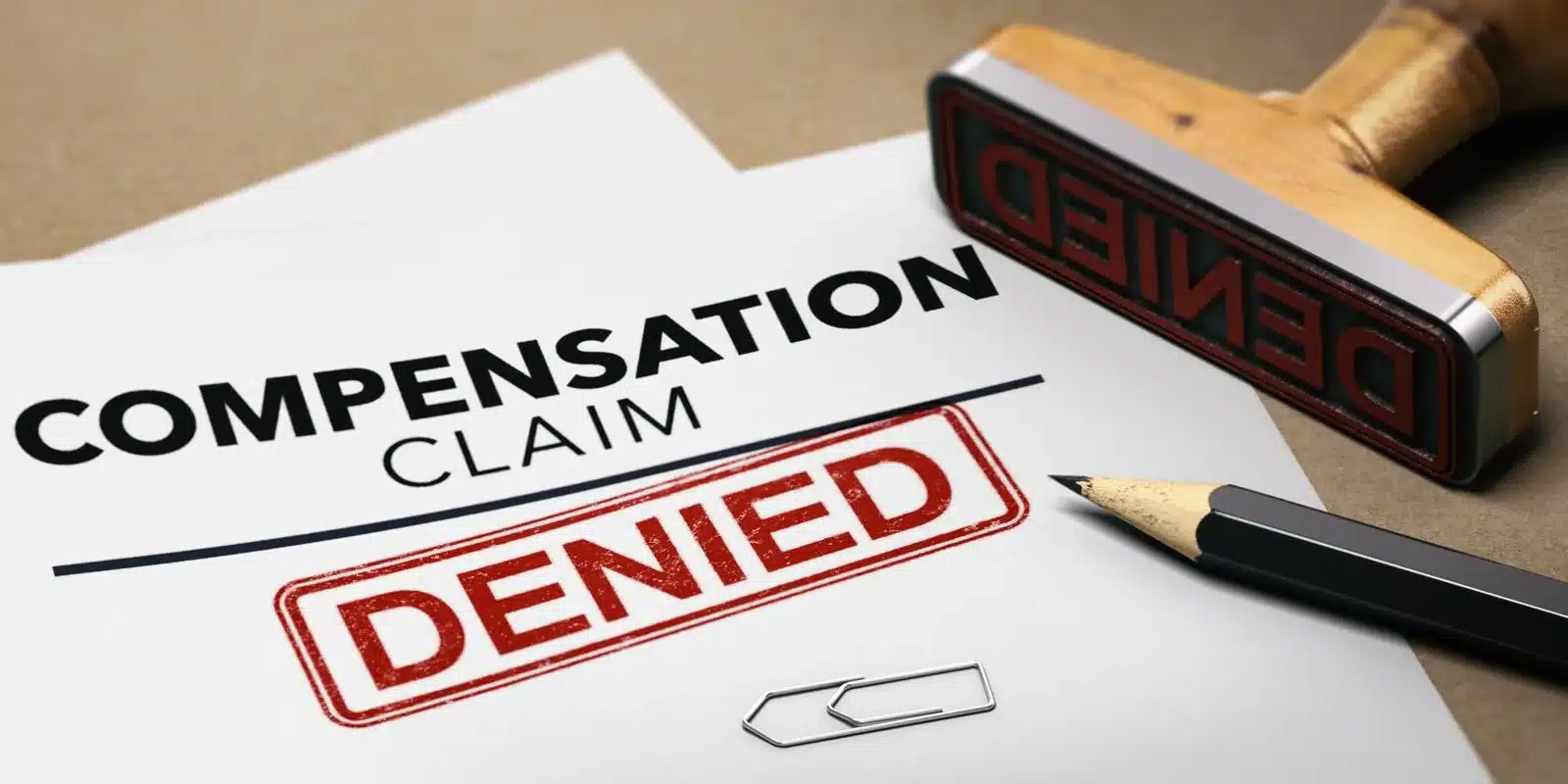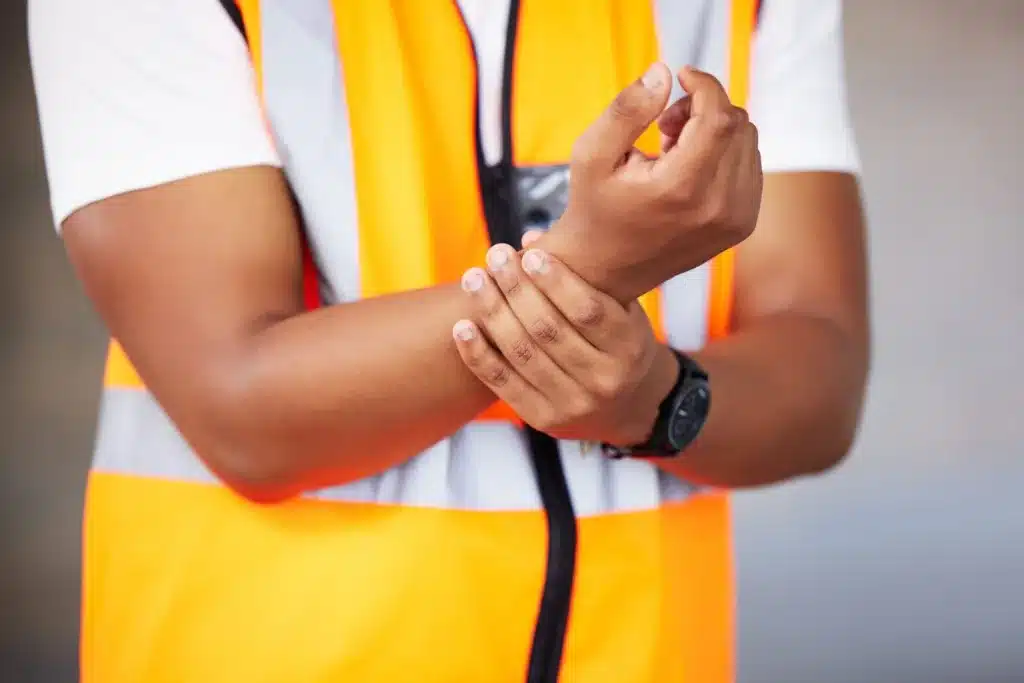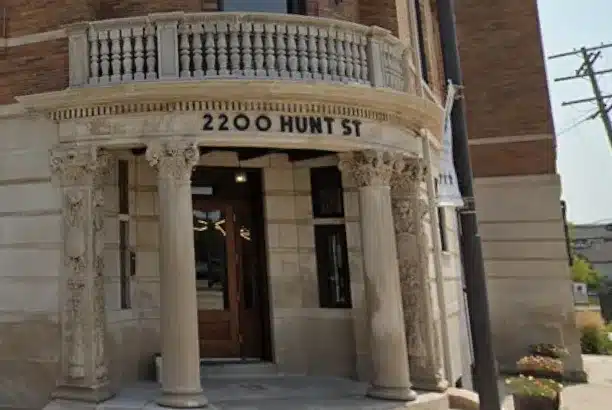What Happens if My Florida Workers’ Comp Claim Gets Denied?
Suffering an injury on the job can be a stressful experience, especially if your workers’ compensation claim gets denied. In Florida, workers’ comp benefits are meant to provide financial assistance and medical care to employees who are injured while performing their job duties. However, if your claim is denied, it’s essential to understand your rights and options moving forward.
What Are the Reasons That My Workers’ Compensation Claim Would Be Denied?
Receiving a denial for your workers’ compensation claim can be disheartening, but understanding the reasons behind it is crucial for moving forward. Armed with this knowledge, you can take proactive steps to address the situation and pursue the benefits you may be entitled to receive. Common reasons for denial include:
- Lack of Medical Evidence: Insufficient or conflicting medical evidence may lead to a denial of benefits. It’s essential to provide thorough injury documentation, including medical records, diagnostic tests, and treatment history.
- Missed Deadlines: Failure to report your injury promptly or meet other deadlines outlined by the Florida Division of Workers’ Compensation can result in a denial of benefits.
- Disputes Over Causation: If there is a dispute over whether your injury occurred while performing employment duties or was the result of a pre-existing condition, your claim may be denied.
- Employer Disputes: In some cases, employers may dispute the validity of a workers’ compensation claim, leading to a denial of benefits.
Understanding the reasons behind a denial of your workers’ compensation claim is the first step toward taking action to address the situation. By identifying the specific issues at play and seeking appropriate guidance, you can confidently navigate the appeals process and work toward securing the benefits you rightfully deserve.
Haley Krahnert
Matthew Sosonkin. Represented me with my work mans comp case and was absolutely amazing, was on top of it and stood on business when it came to my case and dealing with court stuff on my behalf. his assistant Emily was wonderful as well if Matthew was unavailable at the moment she was always available to answer any questions I had thank you RTR law for helping me with my case and getting me the winning satisfaction I wanted !!!
How Do You Go About Appealing the Decision of a Denied Workers’ Comp Claim?
Facing a denial of your workers’ compensation claim can be a frustrating and stressful experience. However, understanding the steps involved in appealing the decision can empower you to take action to continue to seek well-needed workers’ comp benefits. If your workers’ comp claim is denied, you have the right to appeal the decision. Here’s what you can do:
- Request a Petition for Benefits: The first step in appealing a denied workers’ comp claim in Florida is to file a Petition for Benefits with the Office of the Judges of Compensation Claims (OJCC). Filing a petition for benefits is essential as it initiates the formal dispute resolution process.
- Mediation: Before proceeding to a formal hearing, you may have the option to participate in mediation. During mediation, a neutral third party facilitates discussions between you and the insurance company to reach a settlement agreement.
- Formal Hearing: If mediation is unsuccessful, your case will proceed to a formal hearing before a judge. During the hearing, both parties present evidence and arguments, and the judge will make a decision based on the case’s merits.
- Appeal to the First District Court of Appeal: If you disagree with the judge’s decision, you can file an appeal with the First District Court of Appeal in Florida. However, appellate proceedings can be complex, and seeking guidance from an experienced workers’ compensation attorney is essential.
Appealing a denied workers’ compensation claim can be a complex and daunting process, but it’s important to remember that you have options for seeking recourse. By following the steps outlined above and requesting assistance from a qualified workers’ compensation attorney, you can effectively navigate the appeals process and work toward obtaining the benefits you deserve.
Seeking Legal Representation with RTRLAW For Workers’ Compensation
Navigating the workers’ compensation appeals process can be challenging, especially when dealing with a denial of benefits. Seeking legal representation from an experienced workers’ compensation attorney with RTRLAW can help ensure your rights are protected and you have the best possible chance of success.
Facing a denial of your workers’ compensation claim in Florida is confusing and frustrating, but it’s essential to remember that you have options. By understanding the reasons for denial, appealing the decision through the appropriate channels, and seeking legal representation with RTRLAW when needed, you can take proactive steps to protect your rights and seek the benefits you deserve. If your workers’ comp claim has been denied, don’t hesitate to take action and explore your options for appeal now!
Revision History:
- Feb 12, 2026 at 3:34 pm by Matthew Sosonkin (displayed above)
- Jan 8, 2026 at 11:55 pm by victor
- Dec 26, 2025 at 11:39 pm by victor


 CALL US NOW
CALL US NOW TEXT US NOW
TEXT US NOW































